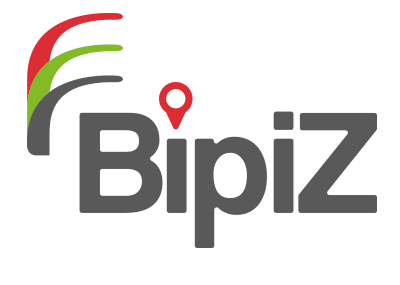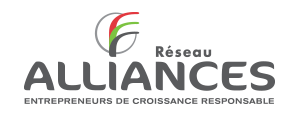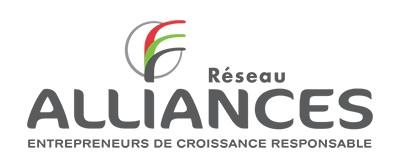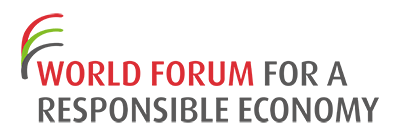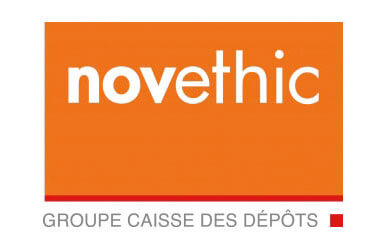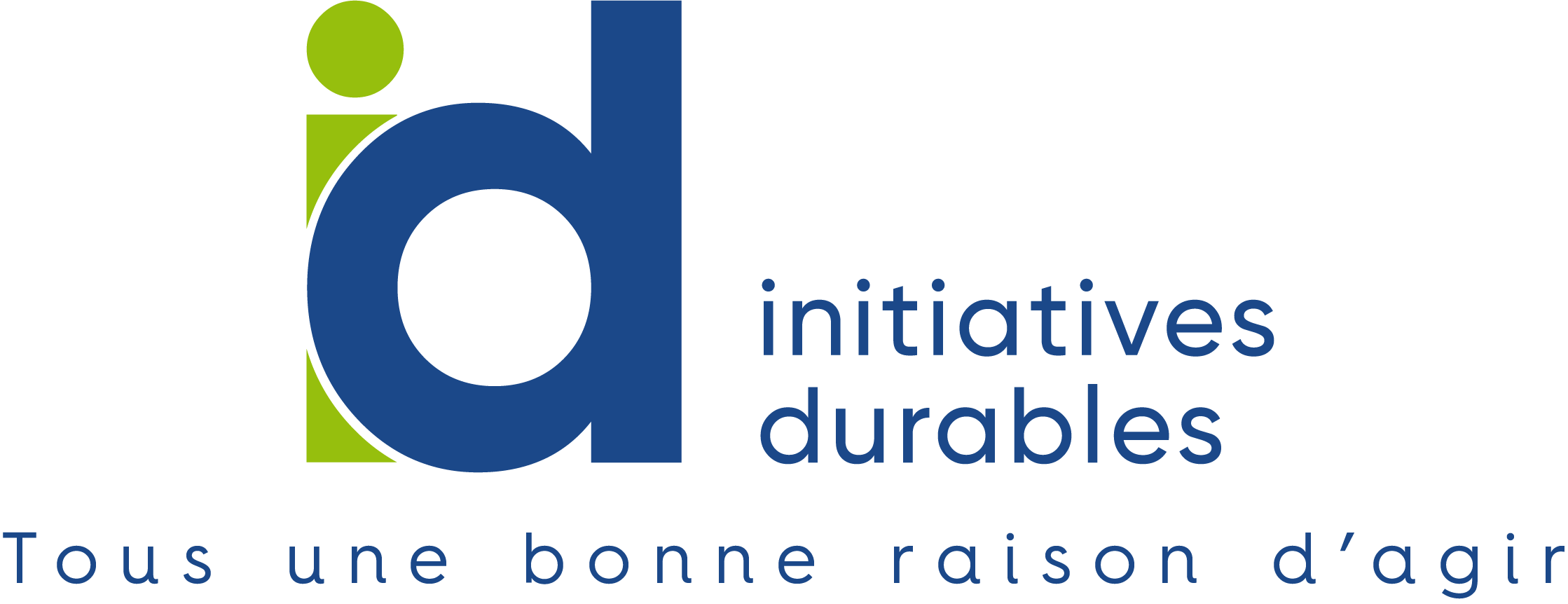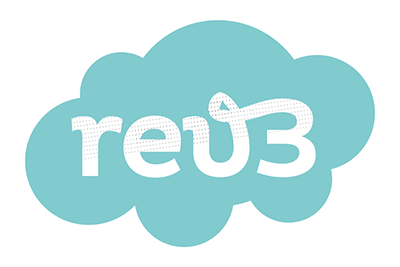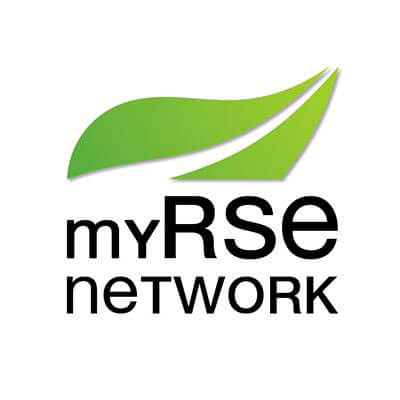Decathlon is a network of retail firms specialized in sports and leisure items; it encompasses the entire product life cycle, from research and development through retail sale, including design, aesthetics, production and logistics. The articles produced by its own labels (b'Twin, Quechua, etc.) are marketed through stores belonging to the network (e.g. Decathlon, Koodza).
Human Responsibility in Production (HRP) designates the management system and resources implemented by Decathlon relative to workplace conditions, at production sites and with suppliers.
